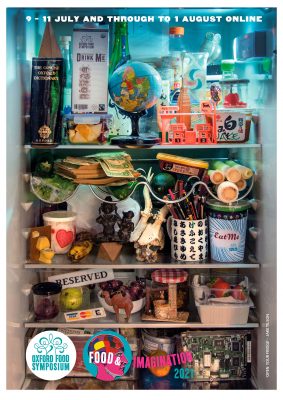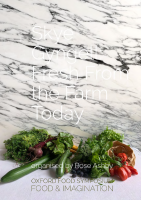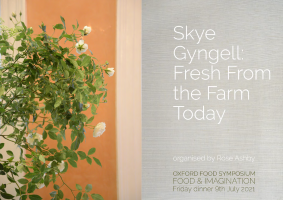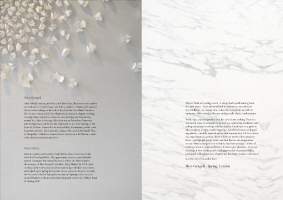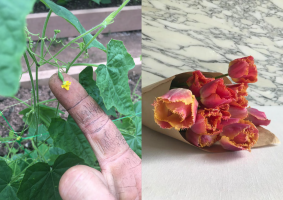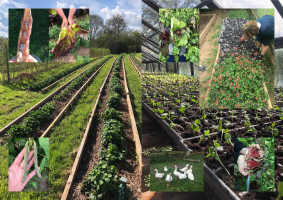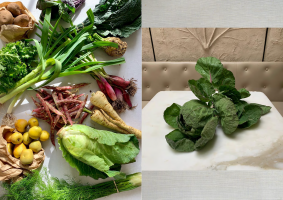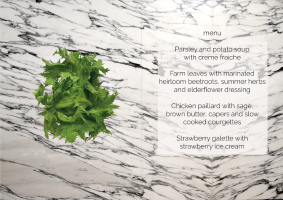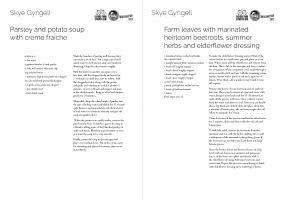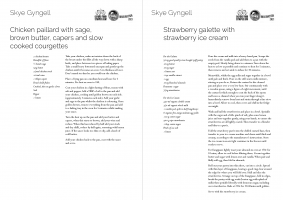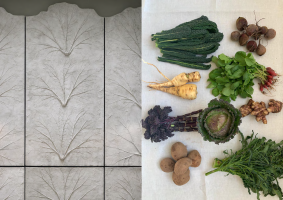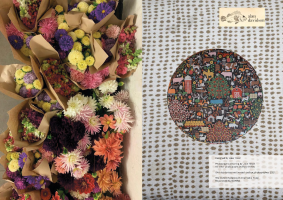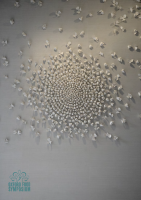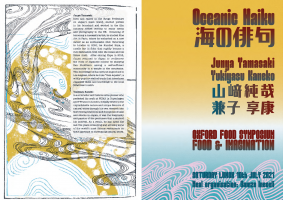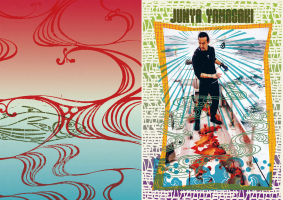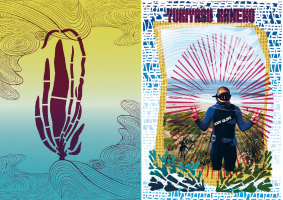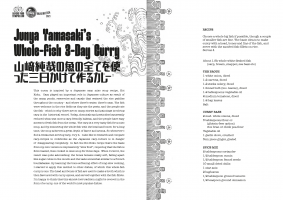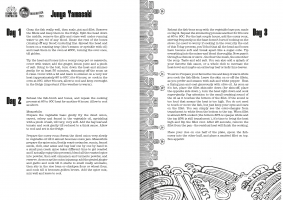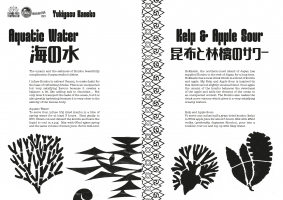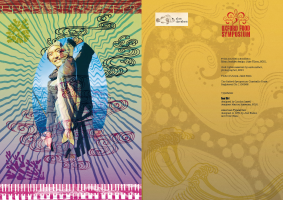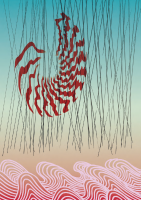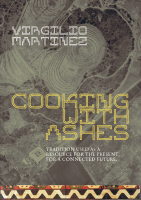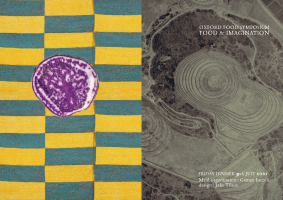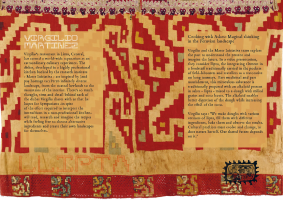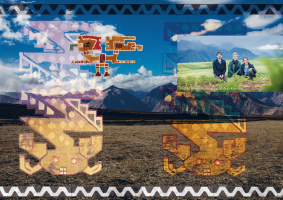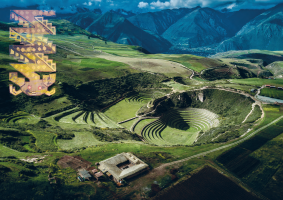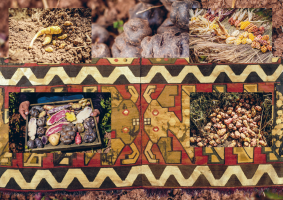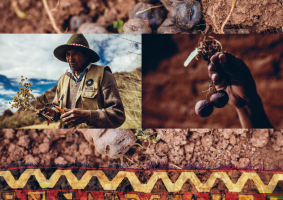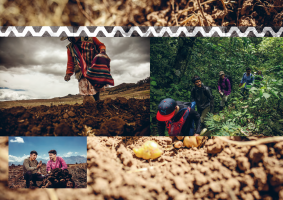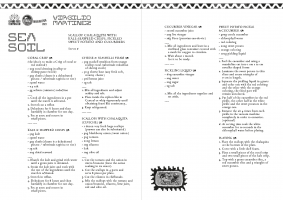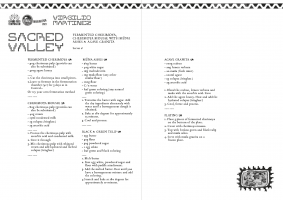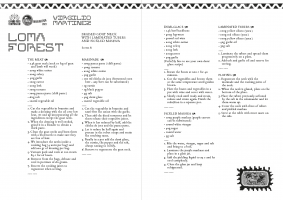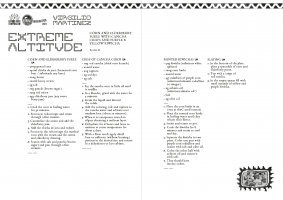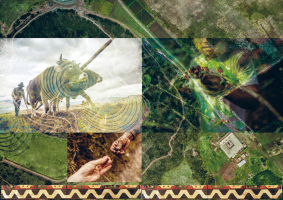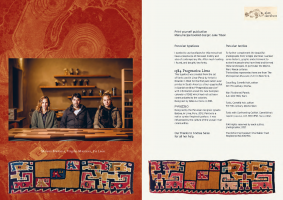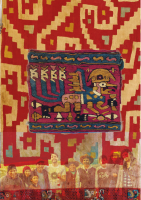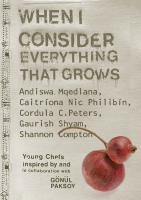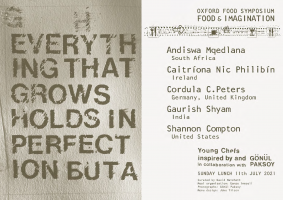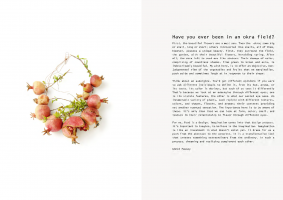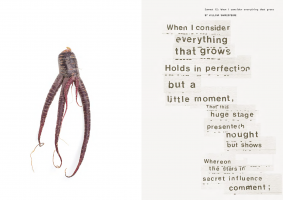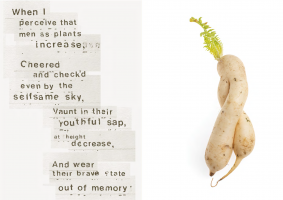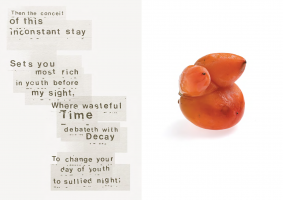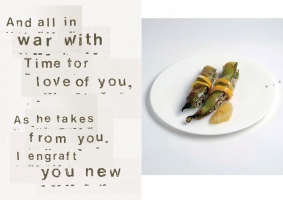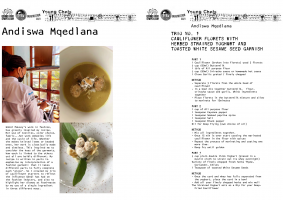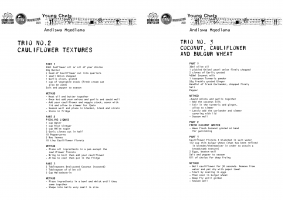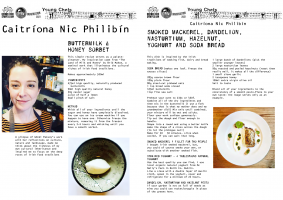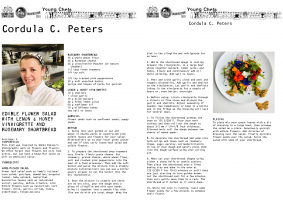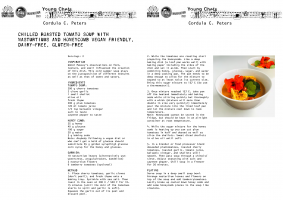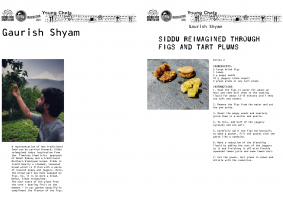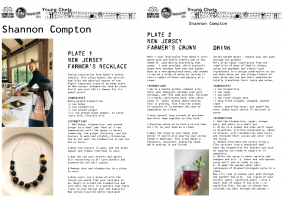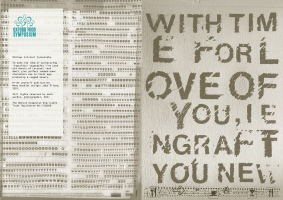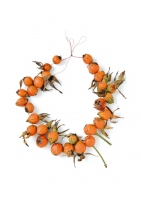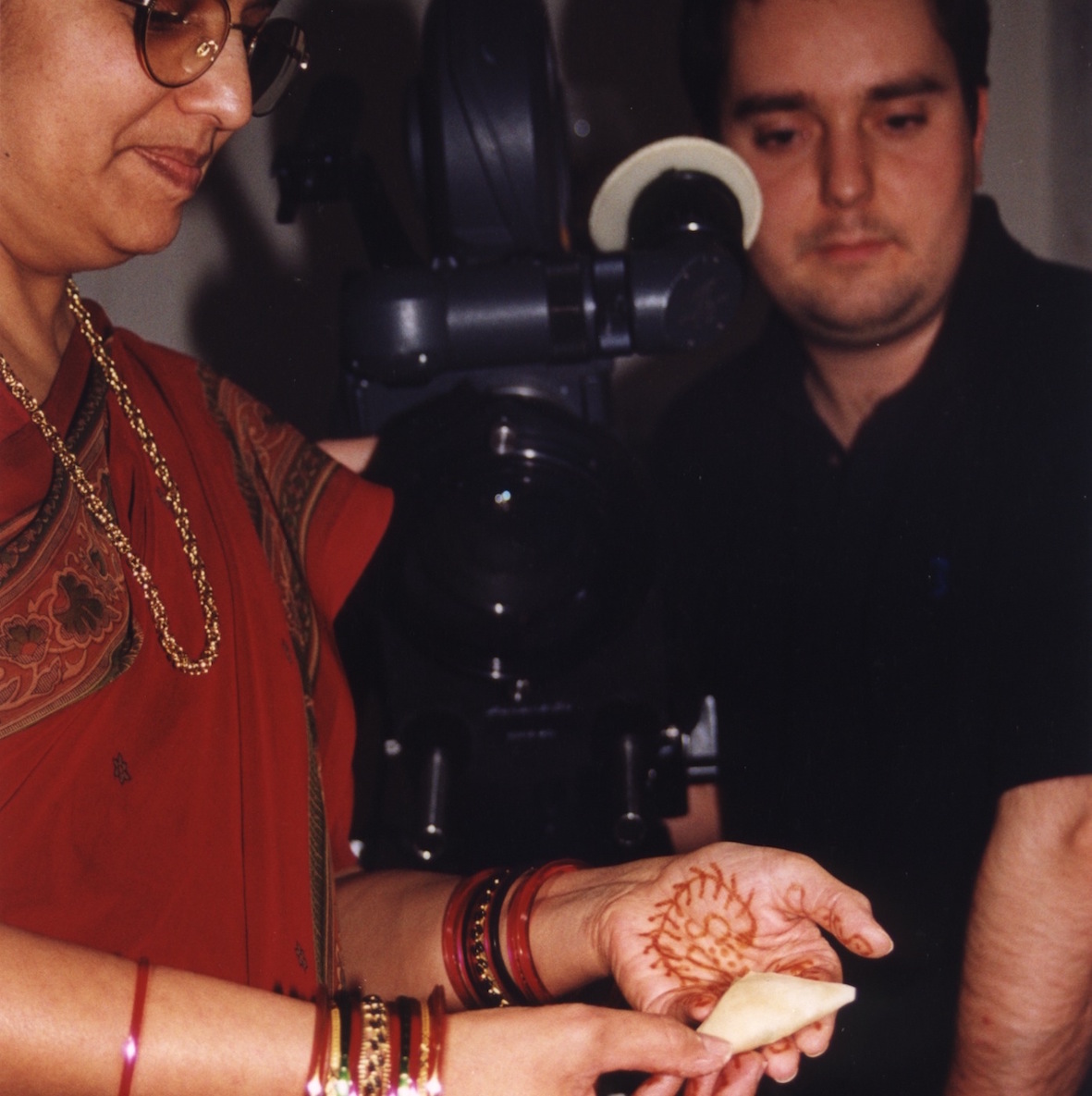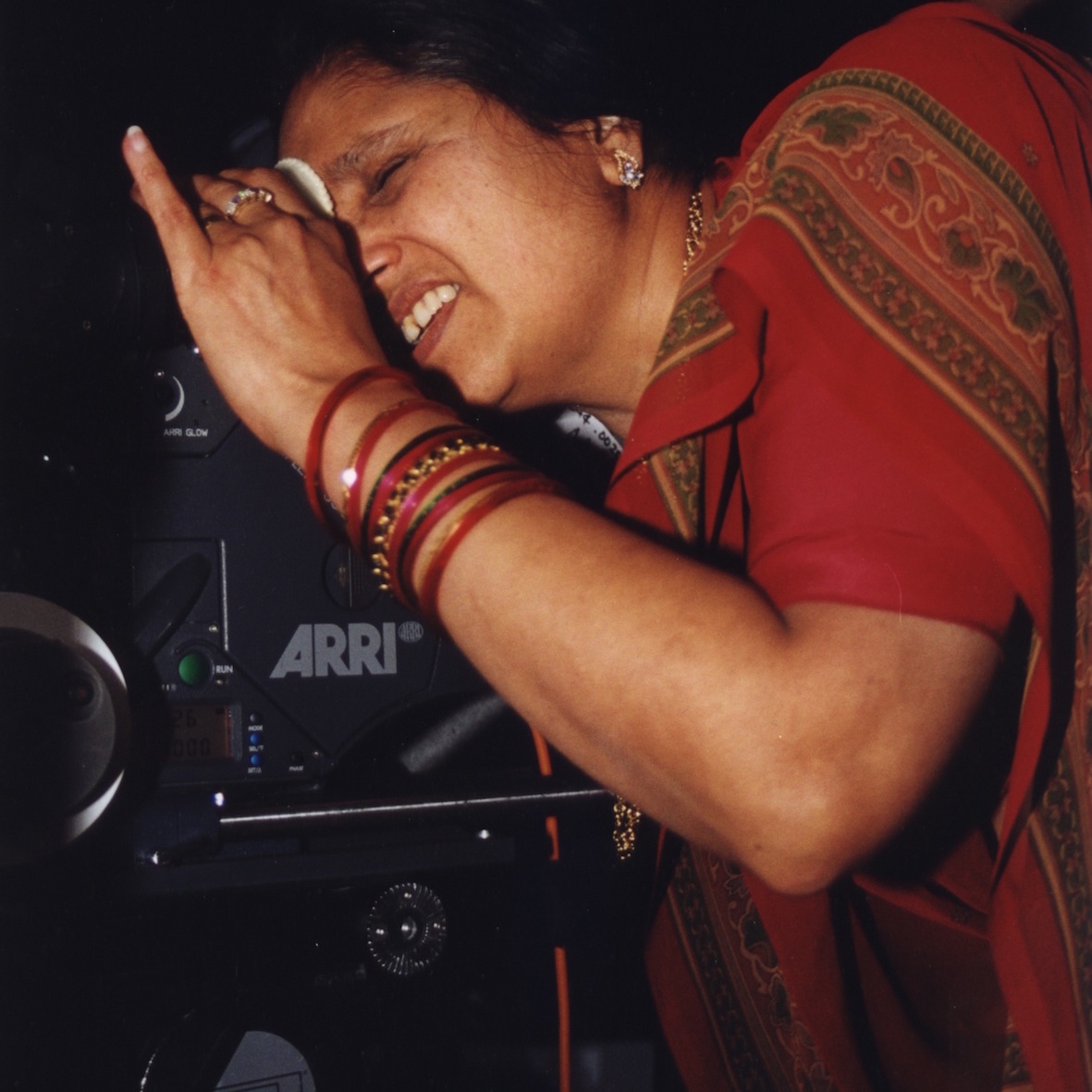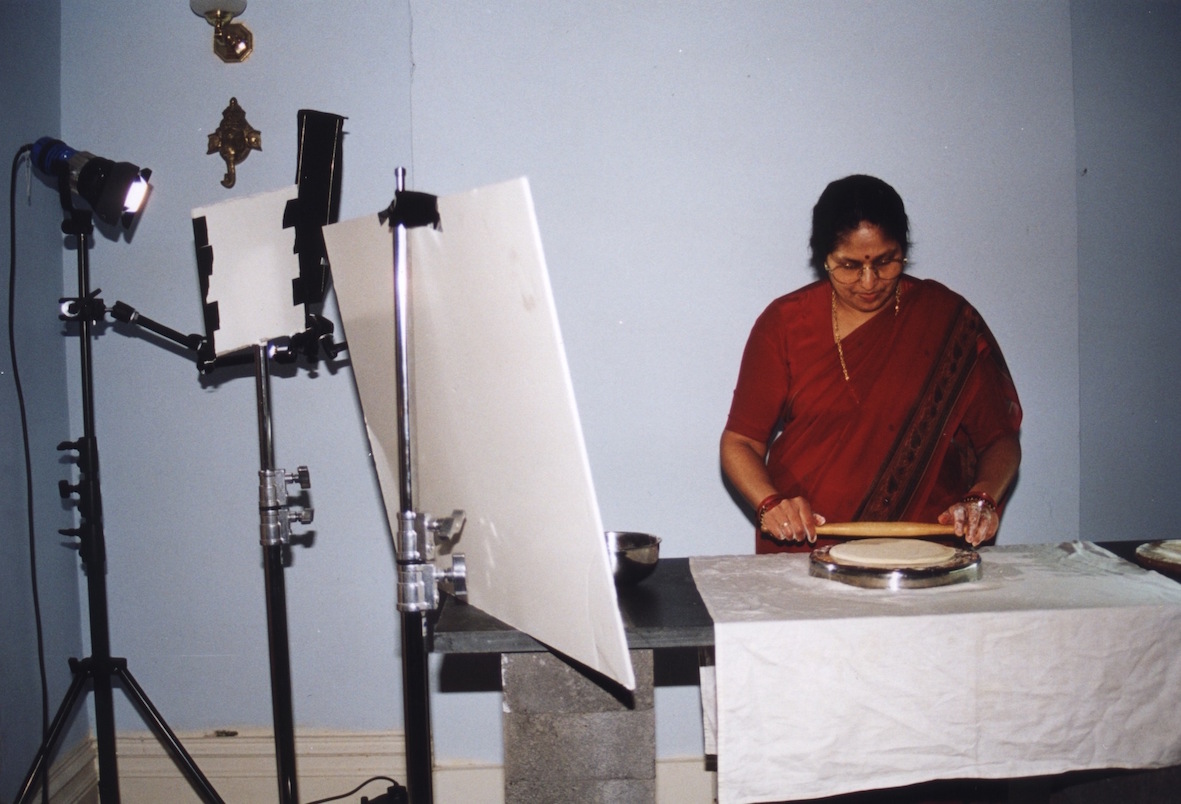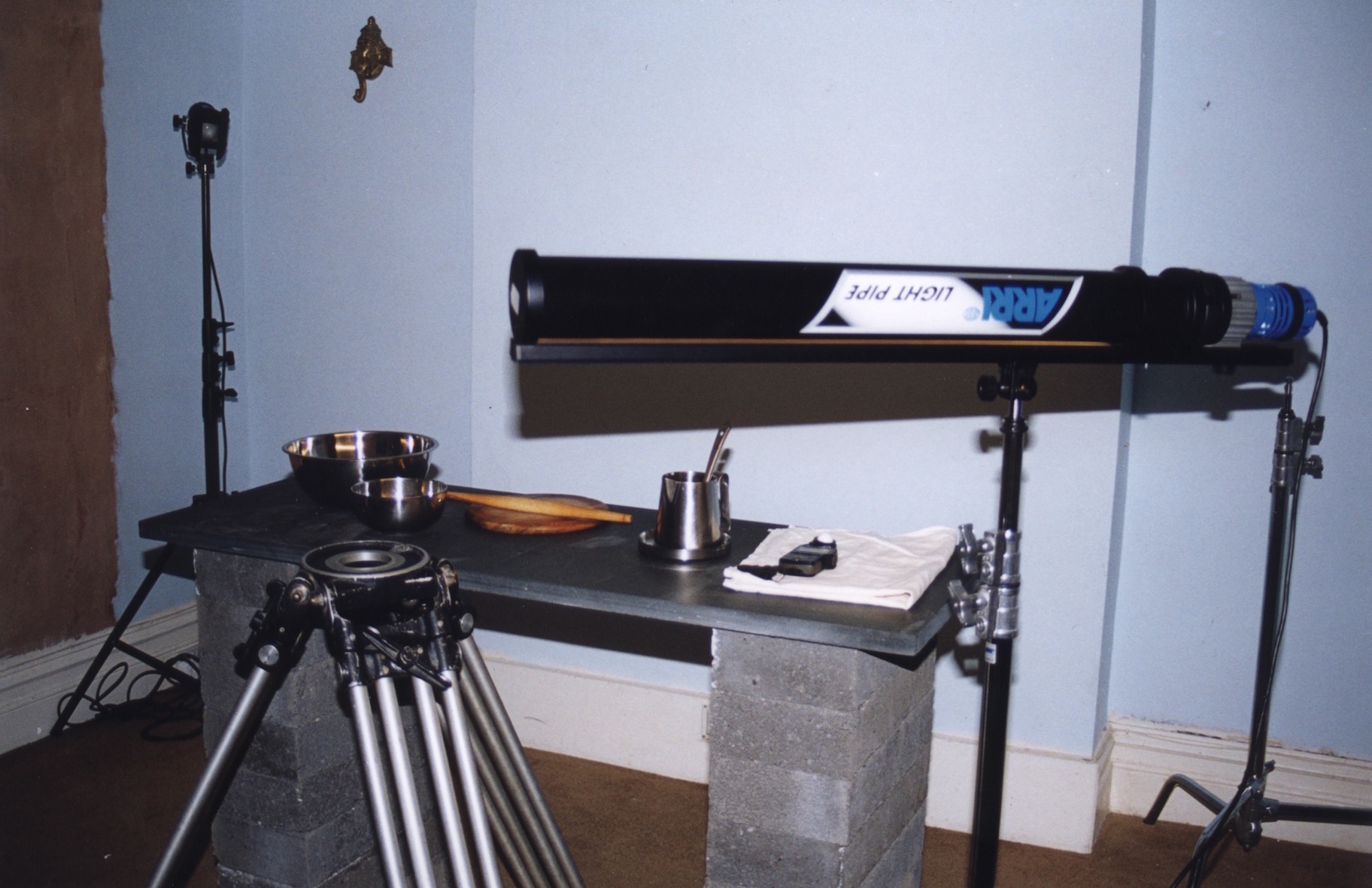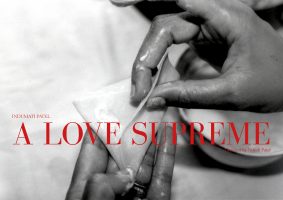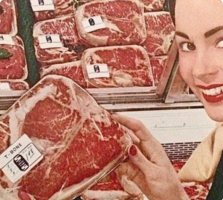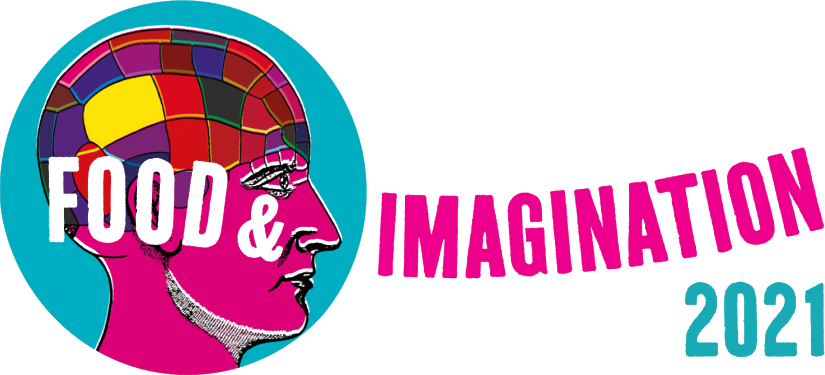
This year it was still different
For the second year running, the worldwide pandemic required that we transform our annual gathering into a virtual symposium where participants around the globe could join our community remotely. We missed our customary real life gathering St. Catz – but we managed to re-shape the Symp as an on-line version based on Zoom that was fully interactive, meaningful, and enjoyable.
With the help of our congenial web designers at Igloo, and employing user-friendly technologies, our new space allowed for a broad and diverse audience (including many who might otherwise not be able to journey to Oxford) to experience and contribute our mission to change the conversation, expand the table, and improve the plate.

Our 2021 on-line Symposium began on July 9th with a flurry of concentrated activities over what was designated “The Weekend”. Replicating the event at St Catz, we unlocked recorded materials in real time BST, including keynote addresses, paper presentations, chefs’ videos and other materials.
We also scheduled breaks for virtual coffees, teas, meals and hanging out in the bar, stretching well into the evening: refreshment breaks that offered opportunity for live chats with fellow Symposiasts. In short, the weekend of July 9th-11th proved itself as much of a marathon as the in-person event at St. Catz.
Thereafter, a three week “Conference” not only offered Symposiasts the opportunity to view or review all content at a more relaxed pace, but we also scheduled daily live discussions with all our paper presenters and invited chefs, Wiki-edits, Sifter-edits, and two hands-on Kitchen Lab events.
The Symposium concluded on Sunday, 1st August, with the Grande Finale. Starting with an imaginative video that delivered the essence of the topic for 2021, followed by a final Plenary to sum up the events of the previous three weeks, rousing finish with the selection by public vote of the topic for 2024, and a chance to bid fellow-Symposiasts farewell.
Priya Mani’s report:
I am a virtual Symposium old-timer.
That is to say, a novice, uninitiated in the delights and warmth of the real gathering. But I know Symposiasts in untraditional ways, through the intimacy of Zoom – their bookshelf backdrops, a random pet that makes an appearance or the occasional presence of a spouse.
For forty years, I am told, friends and strangers have gathered in Oxford for a weekend steeped in food thinking. Many of us would have taken the train journey to Oxford in a typical year, and the 40th-year celebration in 2021 would have been a historic affair at St.Catz. We celebrated nonetheless in a pre-Symposium Zoom room hosted by Jill Norman, with many early symposiasts including Claudia Roden, Barbara Wheaton, Charles Perry, Harold McGee, Paul Levy, and Sami Zubaida, filling us with recollections and curious trivia of the Symposium’s simple beginnings.
But the power of this virtual gathering [471 attendees], its accessibility [39 countries, 100 new Symposiasts in 2021] and outreach to attract global talent [26 out of 55 papers presented were first-timers] is evident in its data!
The Symposium has been familiar to me mainly through its generous [public] Proceedings. Powering through the pandemic year, the Symposium has expanded its outreach. A new monthly newsletter [What’s Cooking; signup, if you haven’t already] and monthly virtual gatherings [Kitchen Table; the new season is starting soon]- all invite thought leaders to put relevant conversations on the table. Read more

Plenary sessions
Keynotes
Margaret Atwood
Eric Rath
Rob Hopkins
Janet Beizer
OFS Rising Scholar
Emily Martin
‘My dear Miss Eddington’: Reader Letters and Early Twentieth Century Food Media
OFS Young Chefs
Cordula Peters and Gaurish Shiyam
Tools
Wiki edit-a-thon
Food & (mostly) Women, led by Roberta Wedge, Polly Russell and Jessica Seaton.
The Sifter
The cyberworld of cookbooks in a searchable database, presented by Barbara K. Wheaton and Charlie Rubin.
The Virtual FoodMuseum
Hungry Rabbits Jumping Through the Art World in Search of Some Proper Food.

Meals & Receptions
Friday Dinner
Fresh from the Farm Today
Devised by – Skye Gyngell and Rose Ashby of Spring Restaurant, London
Welcome drinks – Rheingau Riesling from Weingut Hamm in Winkel
Menu and Recipes:
Parsley and potato soup with creme fraiche
Farm leaves with marinated heirloom beetroots, summer herbs and elderflower dressing
Chicken paillard with sage, brown butter, capers and slow cooked courgettes
Strawberry galette with strawberry ice cream
Saturday Lunch
An Oceanic Haiku
Devised by – Junya Yamasaki and Yukiyasu Kaneko
Dish and recipe – Whole-Fish 3-day Curry
Drinks and recipes – Aquatic Water and Kelp & Apple Sour
Saturday Dinner
Cooking With Ashes
Devised by – Virgilio Martinez of Restaurant Central in Lima, Peru
Cocktail Hour High Up in the Andes
Dinner and recipes:
Sea Soil – Scallop chalaquita with kale-seaweed crisps, pickled sweet potato and cucumbers
Sacred Valley – Fermented cherimoya mousse with muna ashes & agave granita
Loma Forest – Braised goat with laminated tubers and pickled mashua
Extreme Altitude – Corn and elderberry puree with cancha crips and purple & yellow kiwicha
Sunday Lunch
Gönül Paksoy and the Young Chefs: When I Consider Everything That Grows
Devised by – David Matchett and Gamze Ineceli
Dishes and Recipes:
Cauliflower Trio by Andiswa Mqedlana
Buttermilk & Honey Sorbet, and Smoked mackerel, dandelion, nasturtium, hazelnut, yoghurt and soda bread by Caitríona Nic Philibín
Edible flower salad with lemon & honey vinaigrette and rosemary shortbread, and Chilled roasted tomato soup with nasturtiums and honeycomb by Cordula C. Peters
Siddu reimagined through figs and tart plums by Gaurish Shyam
New Jersey farmer’s necklace, crown and garden water by Shannon Compton
After dinner events
Nilesh Patel
A Love Supreme.
Ali Kenefick
Meaty Prepositions, Recipes for Human/Meat Relationships.
Añay Kachi
The Salt Workers of the Peruvian Andes, a Story of Hope and Resilience.

Parallel sessions & papers


